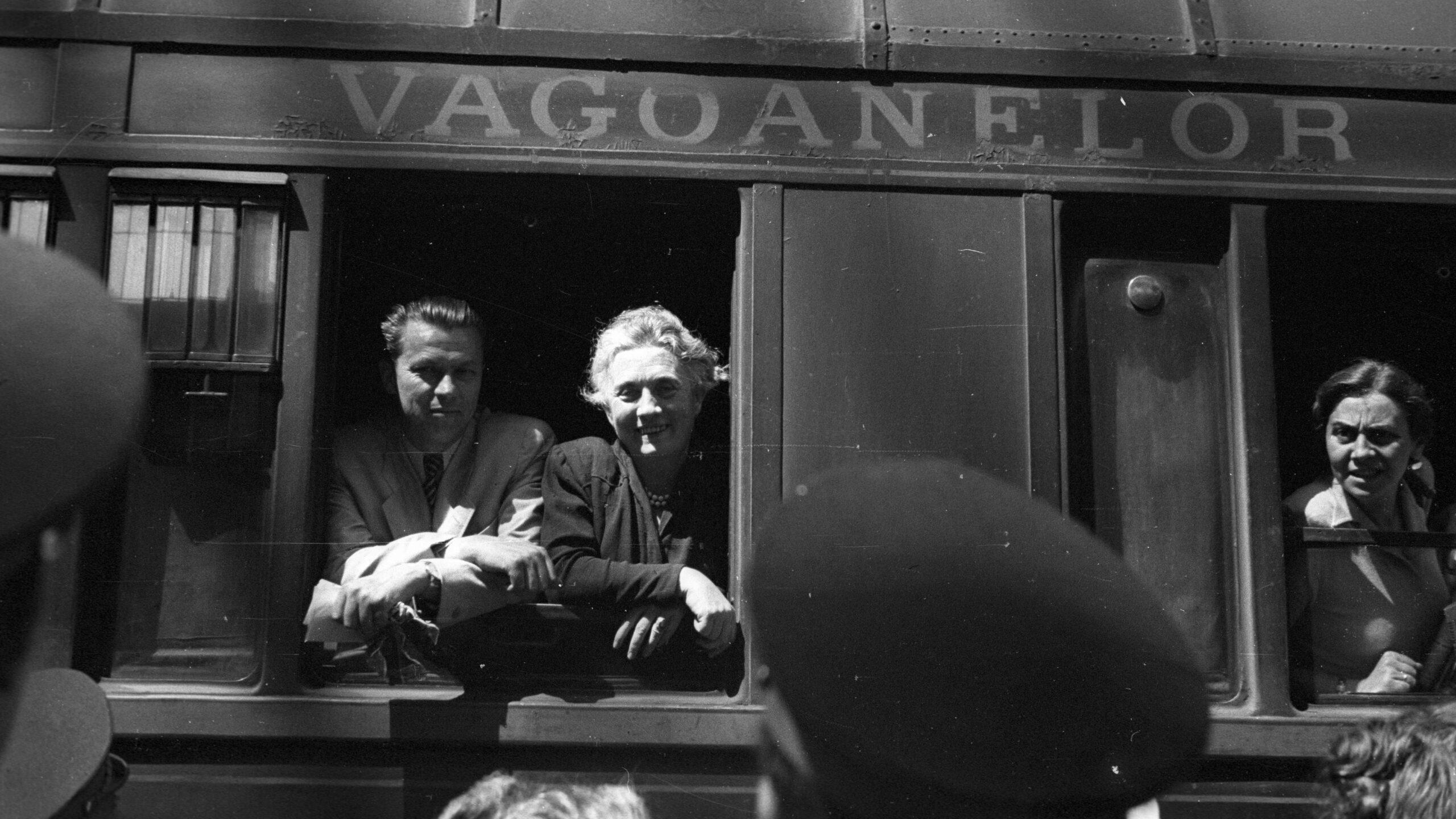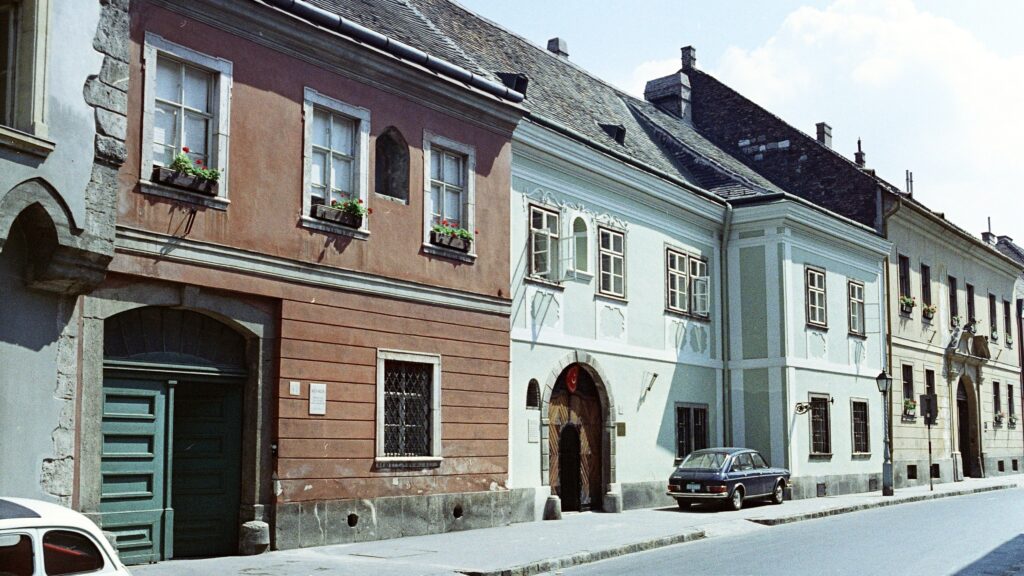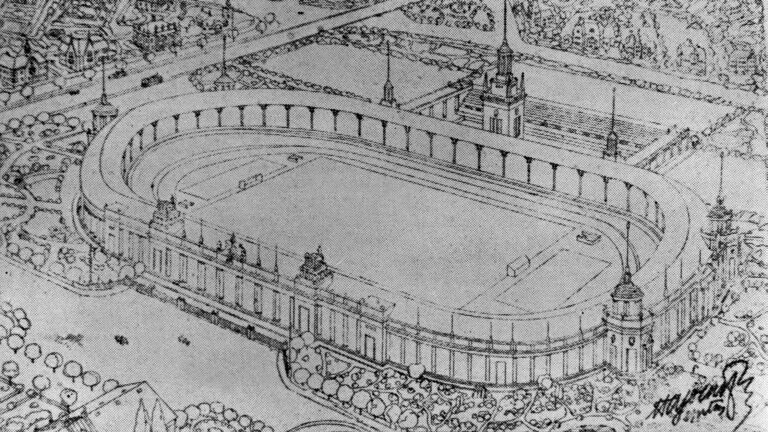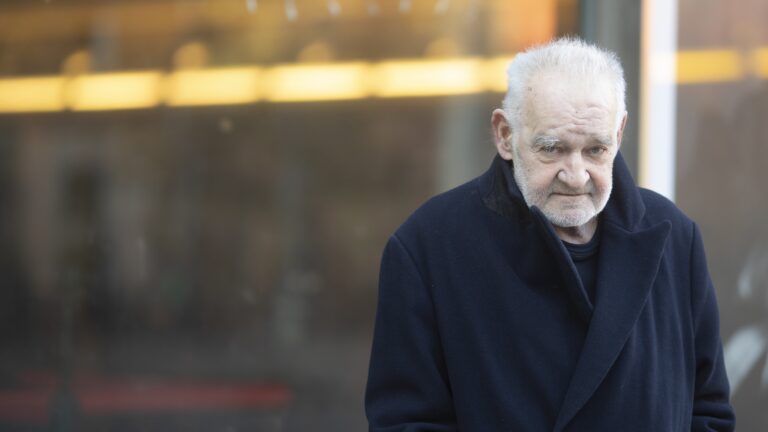Hungarian Conservative rightly paid tribute to the first woman in the Hungarian parliament, Margit Slachta well over a year ago. There is another extraordinary woman, however, in 20th century Hungarian history who must be remembered for her incorruptible stance against totalitarianism. Anna Kéthly (16 November 1889 – 7 September 1976), a feminist and social democrat politician, was the second woman to serve in the Hungarian National Assembly.
Anna Kéthly was born into a working-class family, as the second of nine children. Kéthly not only experienced poverty while growing up but she also had to work from a very young age. In her early adulthood she first worked as a typist then as a bookkeeper. She joined the Social Democratic Party of Hungary at a young age. Understanding the challenges female workers faced in the 20th century, from 1920 she started contributing to the Nőmunkás (Woman Worker) newspaper, and as she rose to national prominence, she also wrote for Népszava, whichat the time was the Social Democratic Party’s newspaper.
As a result of the Social Democratic leadership’s agreement with the Horthy government that they would not organize strikes or participate in anti-regime activities abroad, the Social Democratic Party, as opposed to the Communist Party, was not banned and was allowed to compete in the elections throughout the 1920s. Kéthly was elected to the parliament in 1922. She dedicated much of her early parliamentary work to urging the abolishment of literacy tests as a prerequisite of the right to vote as well as to promoting universal suffrage for women in Hungary (different voting eligibility criteria applied to men and women, until they were abolished after 1945).
In her speeches and written works Kéthly also advocated for making schooling and healthcare more accessible for all. Uniquely among social democrats at the time, Kéthly highlighted the benefits of better educated and healthier workers not only for the working class, but for the employers as well.
After the 1939 elections, the last in the Horthy era, Kéthly remained one of only five social democrats to serve in the parliament as members of the opposition.
Standing Up to Inhumanity
Albeit holding political beliefs that were radically different from those of the conservative nun, Margit Slachta , Anna Kéthly’s fearless stance against totalitarianism was comparable to that of Slachta. Kéthly is known to have delivered more than a thousand speeches in the parliament until 1944, arguing against strengthening the country’s ties with Nazi Germany in the 1930s, and speaking up against anti-Jewish legislation in the 1940s. Rewarding her heroism during the years of fascism in Europe, later in her life she was granted the honour of meeting with Israeli Prime Minister Golda Meir. After the Nazi occupation of Hungary in 1944 Kéthly assumed a false identity and was forced into hiding. She could return to politics only after the end of World War II.
Despite the defeat of Nazism, in the late 1940s Hungary was faced with totalitarianism again—this time, communism, imposed by the Soviets (who were de facto occupying Hungary) and their Hungarian allies. In 1947 Kéthly became the Deputy Speaker of the National Assembly, a position she served in until 1948, when the Communists consolidated their rule for good and put an end to democracy in the country. As the leading and most respected figure in the Social Democratic Party, she aimed to keep her party together, free and in the political centre.
‘Anna Kéthly’s strict commitment to preserving the multi-party system was incorruptible’
Resisting the Communists
Anna Kéthly’s strict commitment to preserving the multi-party system was incorruptible despite the pressure she faced. However, the Communists were relentlessly pursuing the ‘unification’ of the political left under their leadership. After failing to secure a majority in two rigged elections (in 1945 and 1947), the Hungarian Communist Party hoped to solidify its political base by forcing other parties to merge into them. Assisted by the presence of the Soviet army, the Communists managed to persuade or force into submission most of the social democrats. Kéthly, however, resisted. Eventually, the compromised social democrats orchestrated a coup against her and forced Kéthly out of the party leadership in February, and then expelled her from the party in March 1948. After her removal Kéthly cautiously stayed out of politics, but not even that could save her from being arrested by the secret police in 1950.
Anna Kéthly was detained until 1954, when in a closed trial, charged with conspiring to overthrow the People’s Republic and espionage, she was sentenced to life imprisonment. Due to the international outrage that ensued, especially the protests by the British Labour Party, she was eventually released from prison, but she remained under police supervision in house arrest for two years.
Anna Kéthly regained her freedom only in 1956 during the Revolution and Freedom Fight. Once the Revolution started, Kéthly, who was already over sixty years old, did not waste time, but reorganized the Socialist Democratic Party. She was also chosen as one of the ministers in Imre Nagy’s second government. Kéthly, as freshly elected President of the Social Democratic Party, travelled to Vienna to a summit of the Socialist International. During her trip, however, the Revolution and Freedom Fight was crushed by the Soviet army. With the Revolution defeated, her multiple attempts to return to Hungary failed, so she was forced to stay in emigration. She was in fact the only minister in the Imre Nagy coalition government who thus avoided the reprisal of the Communists.
Advocating for a Free Hungary in Emigration
Anna Kéthly remained and active and formative member of international politics in emigration as well, serving as a living reminder of the legacy of 1956 in the United Nations for the decades to come. Albeit to her great disappointment the UN did not recognize her as the official representative of Hungary, she nevertheless participated in the work of the UN and spoke up against Communist rule internationally. Between 1957 to 1963 she edited the émigré Népszava that was published in London, while in 1973 she contributed to the drafting of the Socia Democratic Alternative, a social democratic manifesto and political programme for Hungary. Whilst tirelessly working abroad to keep the memory of 1956 alive, at home the Communists labelled her a traitor who incites against Hungary.
Later, as the Hungarian Communist rule became a ‘softer’ dictatorship, the regime under János Kádár’s leadership tried to persuade Kéthly to return home. She viewed, however, the regime as the executor of Imre Nagy, the Prime Minister under the 1956 Revolution, and made the martyr Prime Minister’s rehabilitation a condition of her return. As the Kádár regime was clearly unwilling to do so, as that would have equalled the delegitimization of their power, Kéthly never set foot in Hungary ever again.
She died in 1976, not living to see Hungary become free of Communist rule. Her ashes were returned to Hungary in 1990, and she was rehabilitated in 1994. Today films and public places named after her uphold her legacy of brave resistance to all forms of totalitarianism.







